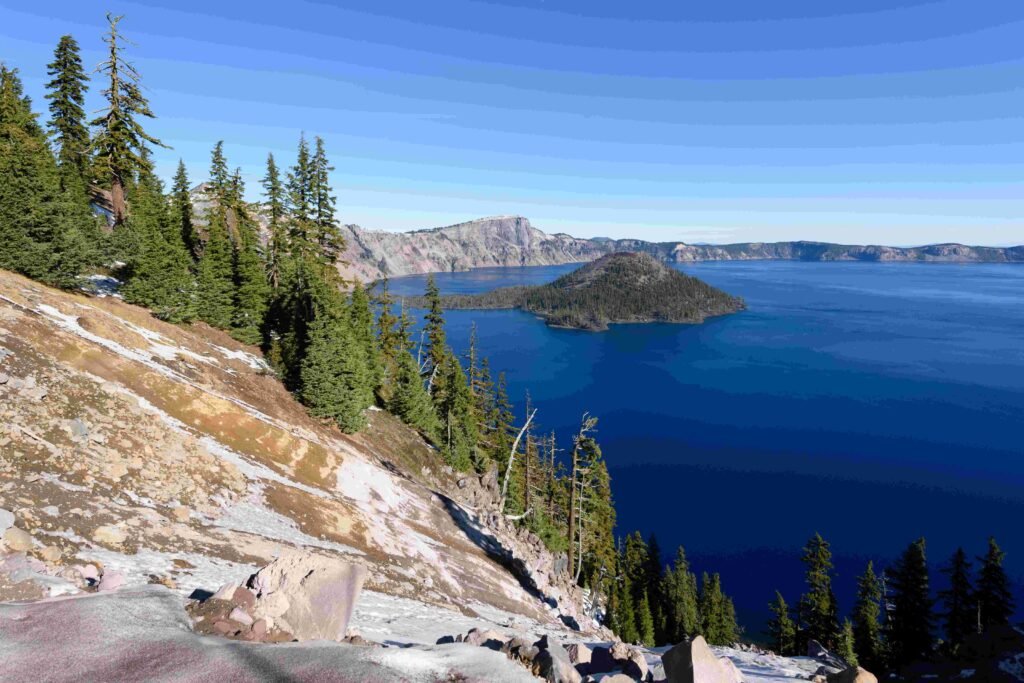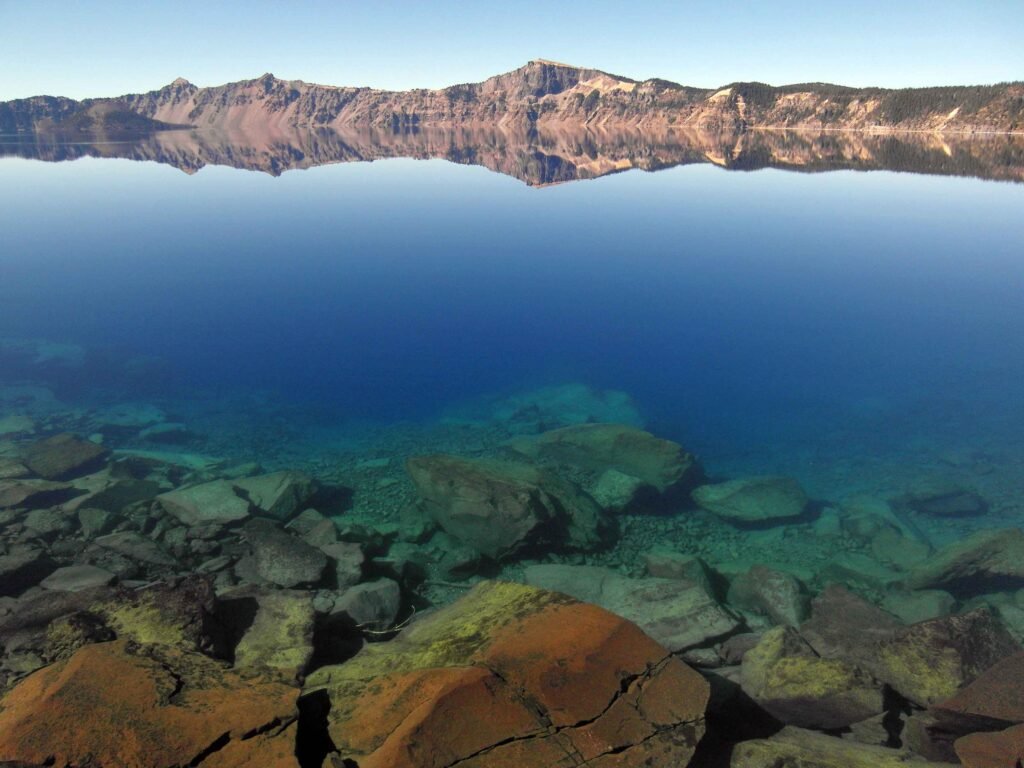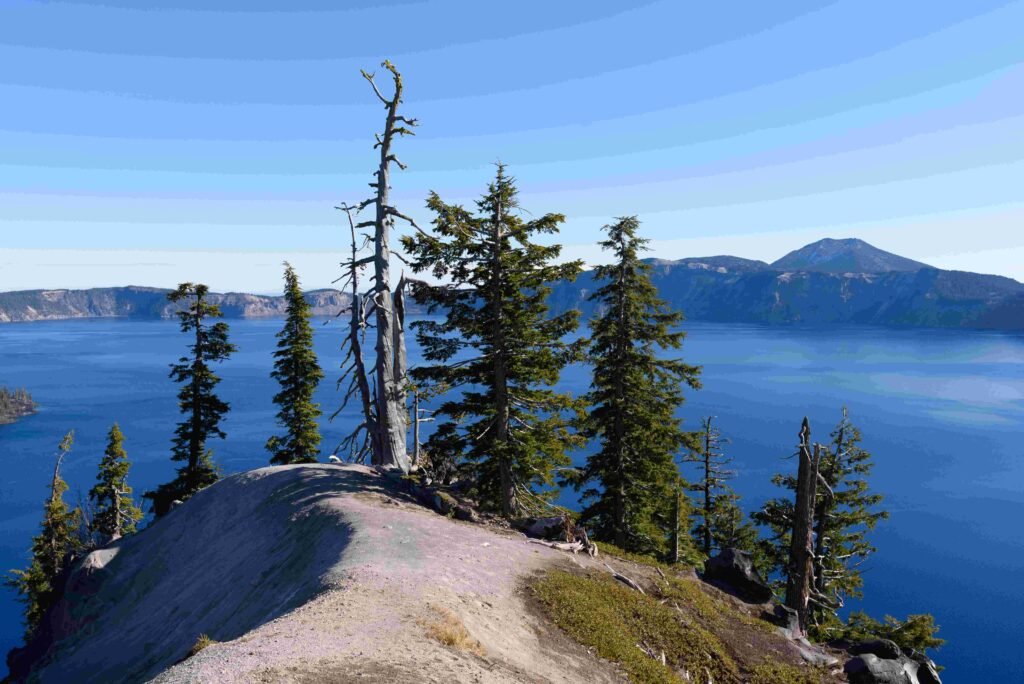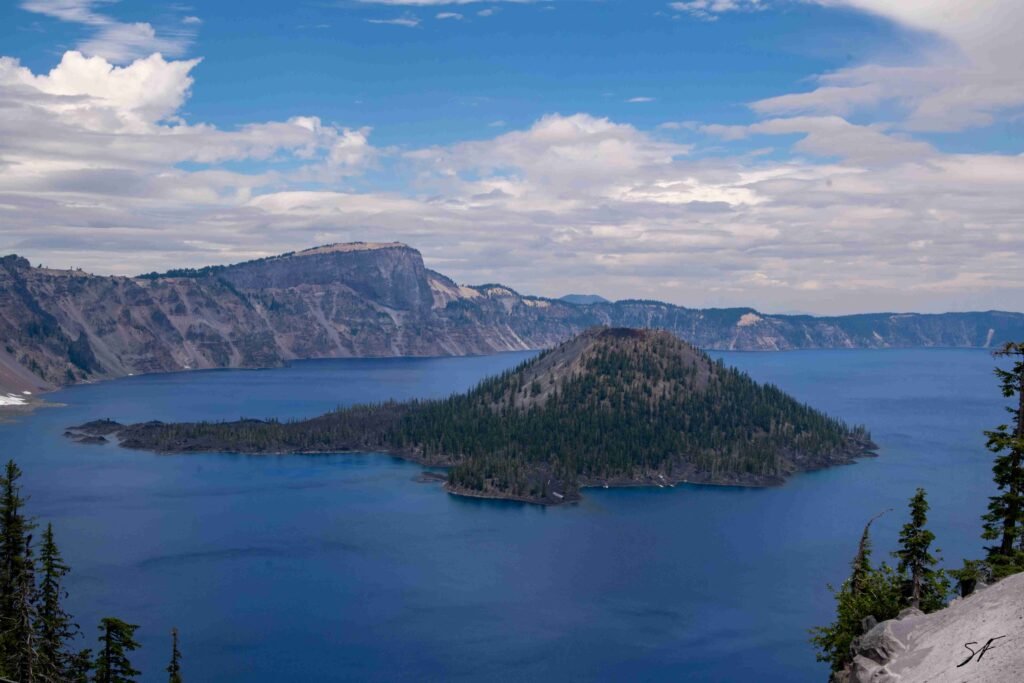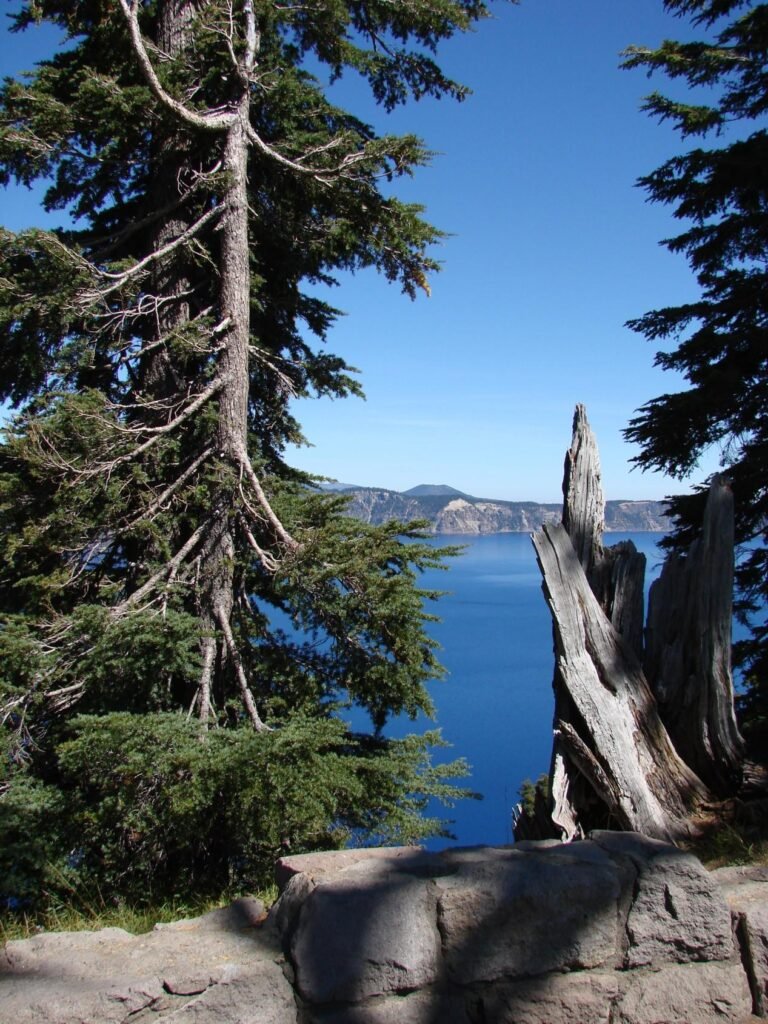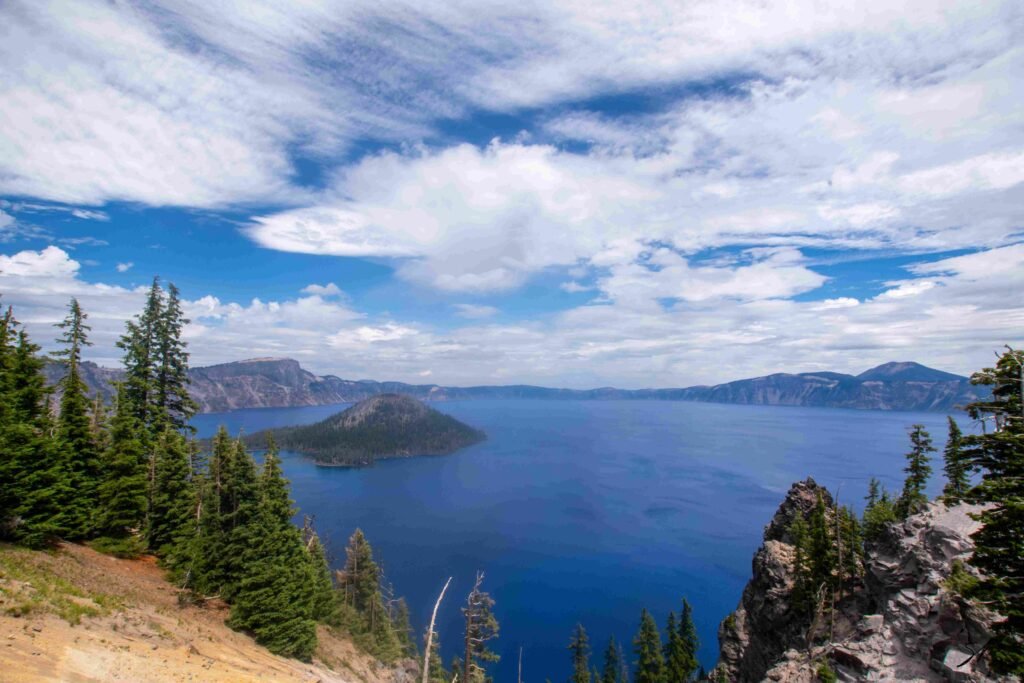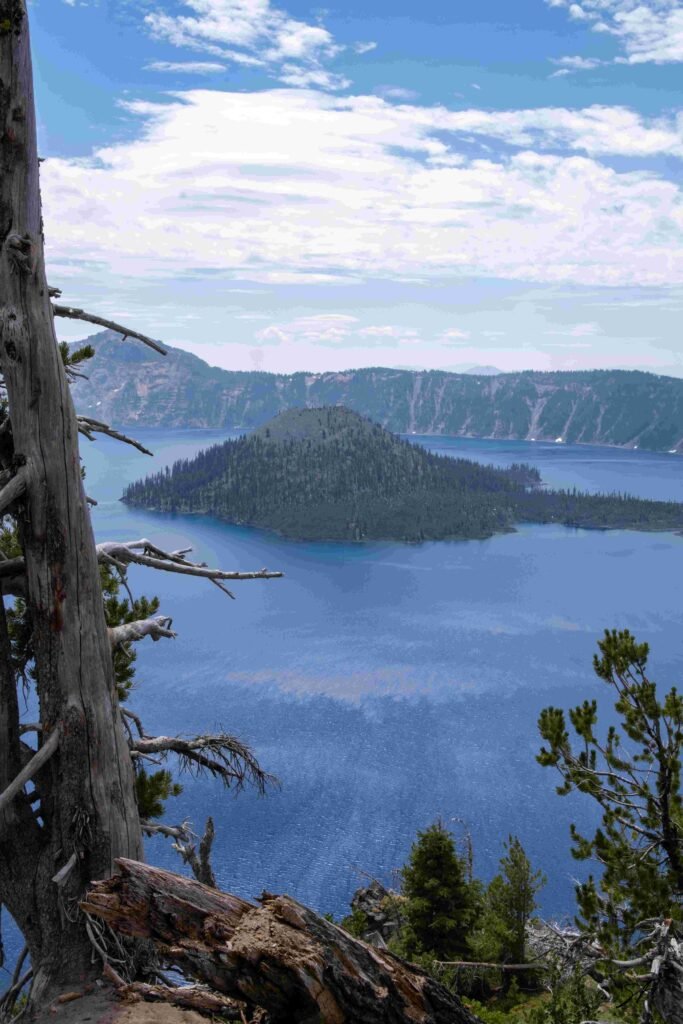Coyotes in Crater Lake National Park: A Comprehensive Wildlife Guide
Coyotes in Crater Lake National Park represent a resilient and adaptable predator species thriving in one of Oregon’s most unique volcanic ecosystems. These intelligent canines navigate the park’s diverse terrain, from dense forests to open meadows, playing a crucial role in maintaining ecological balance through ...
Read more
